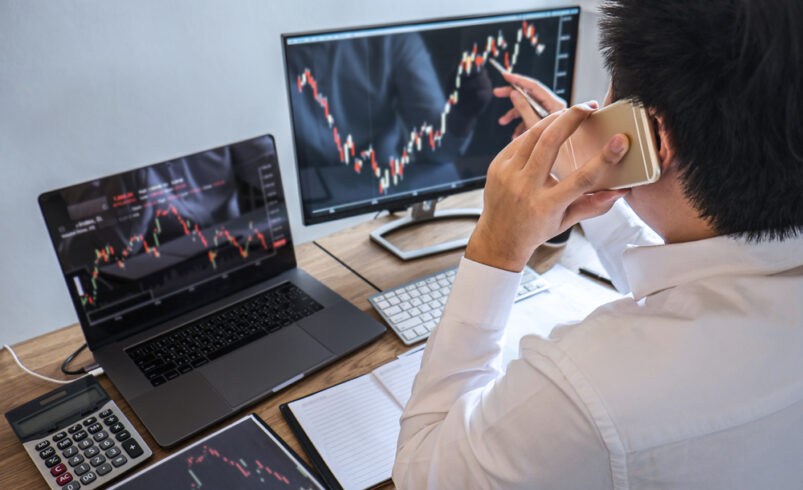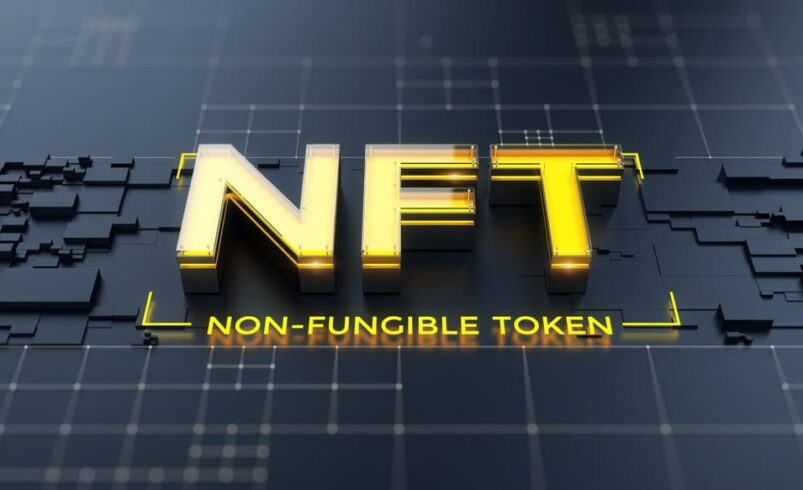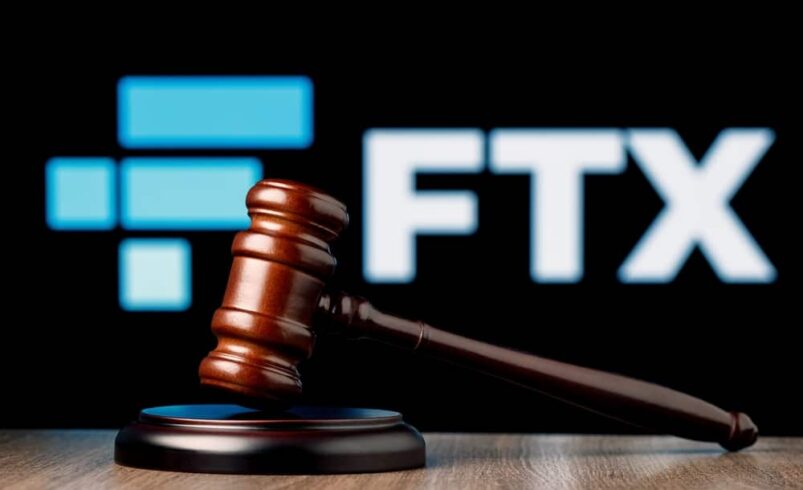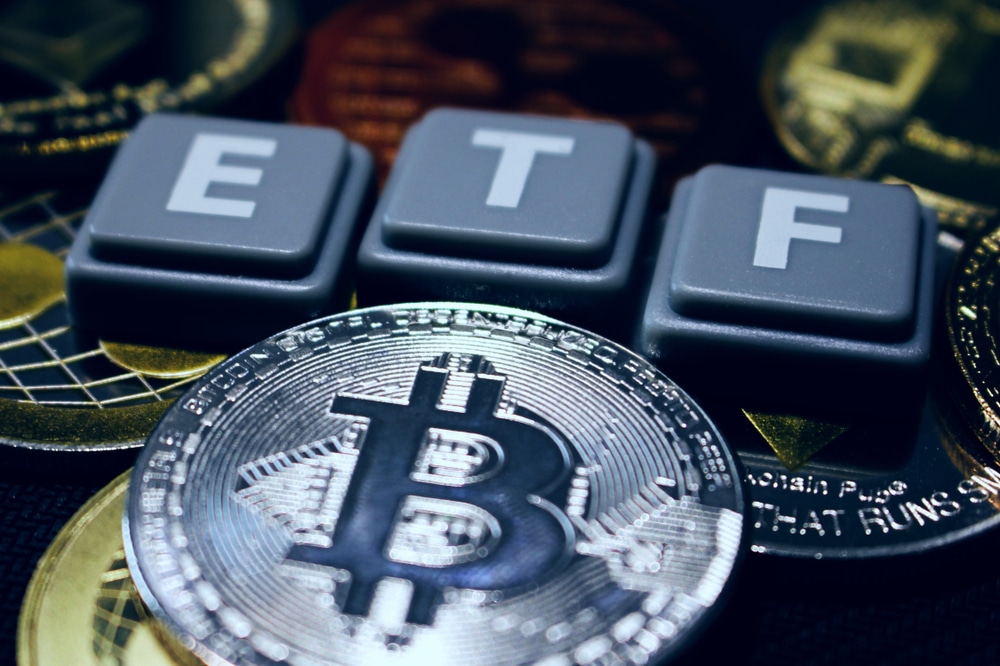What You Need to Know About the Mechanisms and Uses of Futures Trading

Futures trading is a multifaceted financial avenue that lets traders forecast the future price shifts of various assets, ranging from commodities like coffee to more complex financial tools such as stock indices and foreign currencies.
At its core, futures trading is a marketplace where individuals gather to anticipate whether the prices of commodities, currencies, or market indices will ascend or descend in future dates. This market serves as a meeting point for those looking to safeguard their investments (hedgers) and those aiming for financial gains (speculators).
Given its specialized terminology and diverse strategies, it’s essential to recognize that futures trading can be complex and challenging. However, it offers a mechanism to safeguard your investments or aim for considerable financial gains. Success in this realm necessitates a solid understanding of these financial instruments.
What Are Futures?
Futures are legally binding agreements to purchase or sell assets at a predetermined future date and price. Market participants generally consist of consumers and producers of commercial goods or commodities.
Futures contracts, often termed “futures,” are executed on designated futures exchanges. To engage in this trading, you’ll require a brokerage account authorized for futures transactions.
These platforms enable investors to engage in futures contract trading. In these contracts, one party agrees to buy a specific amount of a commodity or security at a set future date. Conversely, the other party commits to providing the agreed-upon assets.
Furthermore, when a futures contract expires, the purchasing party must acquire and receive the underlying asset. The selling party must supply that asset, distinguishing futures from options, which can expire worthless.
The Utility of Futures
Futures contracts are primarily used to hedge against an asset’s unfavorable price movements. Hedging provides a position that counterbalances your stance on the underlying asset.
These instruments, known as futures contracts, are traded on designated futures exchanges at the end of each trading session. These contracts allow traders to secure the underlying asset’s price and come with predetermined expiry dates and prices.
Futures contracts lay out various parameters, including:
- Contract currency (the currency in which the contract is quoted)
- Contract currency unit (the unit in which the contract is denominated)
- Quantity of goods to be covered or delivered under the contract
- Agreement for trade settlement
- The grade or quality of the commodity involved
- Unit of measurement
Types of Futures Contracts
Futures trading encompasses several types of contracts that traders can engage with. These include:
- Commodity Futures: These involve an agreement to buy or sell a fixed amount of a commodity—such as wheat, gold, or oil—at a specified future date and price. Individuals can access commodity futures markets via managed futures accounts, typically provided by Commodity Trading Advisors (CTAs).
- Index Futures: These contracts may use different multipliers to determine the trading price. These are prevalent among investors, e.g., E-mini S&P 500 futures contracts.
- Currency Futures: These allow traders to profit from movements in foreign exchange rates. One common strategy is scalping, where traders aim for small, incremental gains.
- Precious Metals Futures: These contracts expose the price of essential metals used in industrial processes, such as gold, silver, and platinum.
- Energy Futures: These offer exposure to commonly consumed energy products like crude oil and natural gas.
- Livestock Futures: These expose animal-derived products like live cattle and feeder cattle.
Functions of Futures Contracts
Futures contracts serve various purposes, depending on the user’s objectives. Broadly, their applications can be categorized into the following:
Risk Management Through Futures: Investors and corporations often employ futures contracts for risk management, aiming to mitigate the future price volatility of an underlying asset or commodity in their investment portfolios.
Engaging in Market Speculation: Because of their liquidity, futures contracts can be bought or sold until expiration. This flexibility allows traders to enter or exit positions based on market predictions, aiming for a profit before the contract’s end by engaging in offsetting transactions.
The Mechanics of Futures Trading
Initiating futures trading involves opening an account with a qualified broker who provides essential tools such as quotes, charts, and, in some cases, market research and advice.
One distinguishing feature of futures contracts is that they enable traders to deal with large volumes of commodities. The only prerequisite is depositing an initial margin with the broker.
Primarily, futures trading allows investors to speculate on the future price trends of an underlying asset, thereby maximizing the likelihood of favorable returns.
For businesses, futures trading safeguards against price fluctuations of raw materials or finished products, thereby providing financial security against adverse price shifts.
Risks and Considerations
However, commodity markets come with challenges due to their inherent price volatility. Entities often occupy these markets with a higher risk tolerance. There are noteworthy drawbacks to consider:
When hedging with futures contracts, organizations could forgo beneficial price changes, thus capping their profit potential. Margin trading, although offering the possibility of increased gains, also accentuates losses and needs prudent management.
Using leverage in futures trading amplifies the financial risks, as losses could exceed the initial margin deposit.
Conclusion
Futures contracts serve as practical tools for managing risks against future price increases in assets or commodities. Trading in futures markets can be both rewarding and challenging. However, through diligent research and a comprehensive understanding of how futures contracts operate, traders can achieve success in this complex market.
DISCLAIMER: It's essential to understand that the articles on this site are not meant to serve as, nor should it be construed as, advice in legal, tax, investment, financial, or any other professional context. You should only invest an amount that you are prepared to lose, and it's advisable to consult with an independent financial expert if you're uncertain. To obtain more information, kindly examine the terms of service and the assistance and support resources made available by the issuing or advertising entity. Our website is committed to delivering accurate and unbiased news, yet it's important to note that market conditions may change rapidly. Also, be aware that some (but not all) articles on our site are compensated or sponsored.








